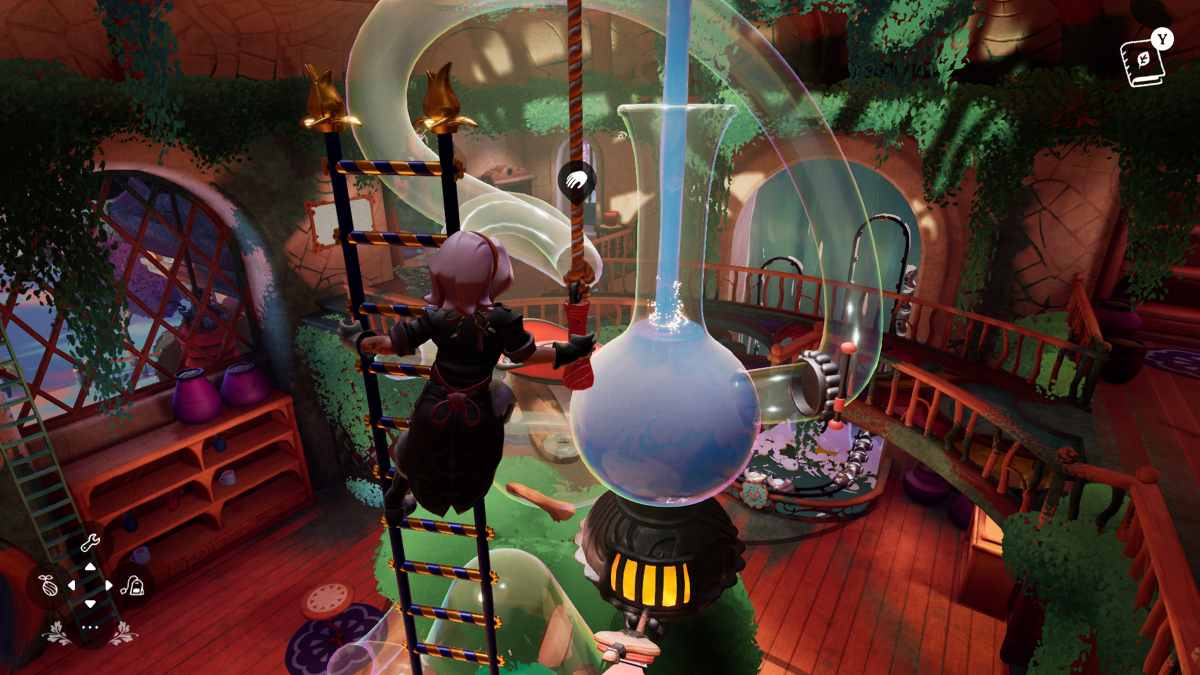For years, politicians, journalists, and parents all over the world told the same old story: violent video games create murderers. A long-term study published on March 8, 2017, could now help silence them.
The underlying hypothesis for the study is that long-lasting, repeated playing of violent video games increases aggressive behaviour through emotional desensitization—an assumption that has been postulated in the scientific community at least since the early 2000s.
The researchers selected “15 excessive users of violent games and control subjects matched for age and education.” They defined “excessive” as four hours of gameplay every day over at least four years. Fitting the criteria of violent games were first-person-shooters like Counter-Strike: Global Offensive, Call of Duty, or Battlefield.
All test subjects had to answer psychological questionnaires prior to the main experiment. Then, the scientists—a group of German neurologists and psychologists—showed “emotionally provocative images” to both gamers and non-gamers, while monitoring their brains with an MRI scanner.
Neither the scans nor the questionnaire results provided any evidence of emotional desensitization among gamers.
“We interpret our results as evidence against the desensitization hypothesis,” the researchers concluded. Instead of long-term affects, the impact of violent media “may be rather acute and short-lived.”
In the past, scientists have found conflicting results on the issue. For instance, the American Psychological Association built a task force on violent media in 2015 that concluded that “a consistent relation between violent video game use and increases in aggressive behaviour” exists.
CS:GO’s relatively realistic setting makes it especially vulnerable to these attacks. That bias was recently put on display in an interview last year between CNN’s Don Riddell and Auguste “Semmler” Massionate.
“I have to ask you,” Riddell said, “especially since this is going to a mainstream audience—this is a very violent game, it’s very graphic, very visual, and tragically these kind of scenes have played out in real life these days. How much concern is that for the future development of the sport that this is for real?”
It’s hard to imagine Riddell making the same assumptions over “blood sports” like boxing, or sports with the potential to cause life-threatening neurological damage, like football.
On that note, it’s promising that the study was conducted by a group of scientists from Germany, where the debate over violent video games has bordered on hysteria at time.
Branded as a “Killerspiel” (killer game), Counter-Strike has received most public flak. The game is inevitably linked of rampaging teenage murders, especially since the tragic Erfurt school massacre on April 26, 2002, in which a 19-year-old student went on a killing spree that cost the lives of 16 people.
Police later found violent video games on his computer, which led to a tightening of the Youth Protection Law. While it turned out that the gunman didn’t actually play Counter-Strike, and instead games like Wolfenstein and Hitman, the vast majority of media outlets falsely blamed CS.
By the time the so-called “Killerspiel”-debate had finally died down, there was another shooting. On July 22, 2016, 10 people were killed by an 18-year-old who—this time reported accurately—played Counter-Strike. Germany’s interior minister, Thomas De Maizière, was fast to put the blame on video games and restarted the dispute.
The good news is that most traditional media outlets teamed up with the gaming community and defended games like CS:GO against De Maizière’s accusations. Still, it got to the point where major German TV channel ProSieben cancelled its ELEAGUE broadcast plans, reasoning it would have been inappropriate to televise a violent video game in the current atmosphere.
In that sense, esports has still way to go. Research suggesting that video games don’t turn gamers into violent sociopaths can only help that case.












Published: Mar 14, 2017 03:55 pm